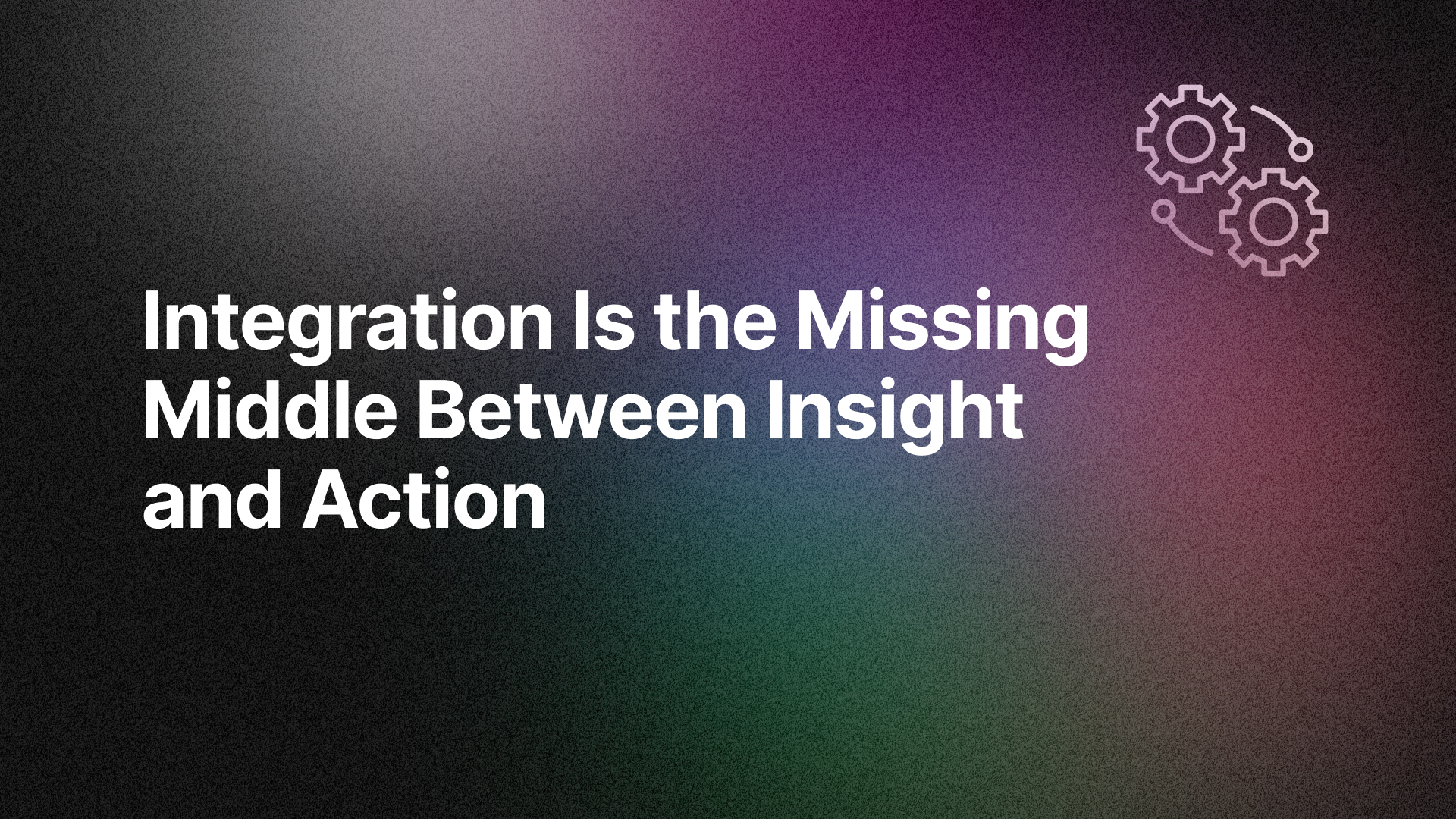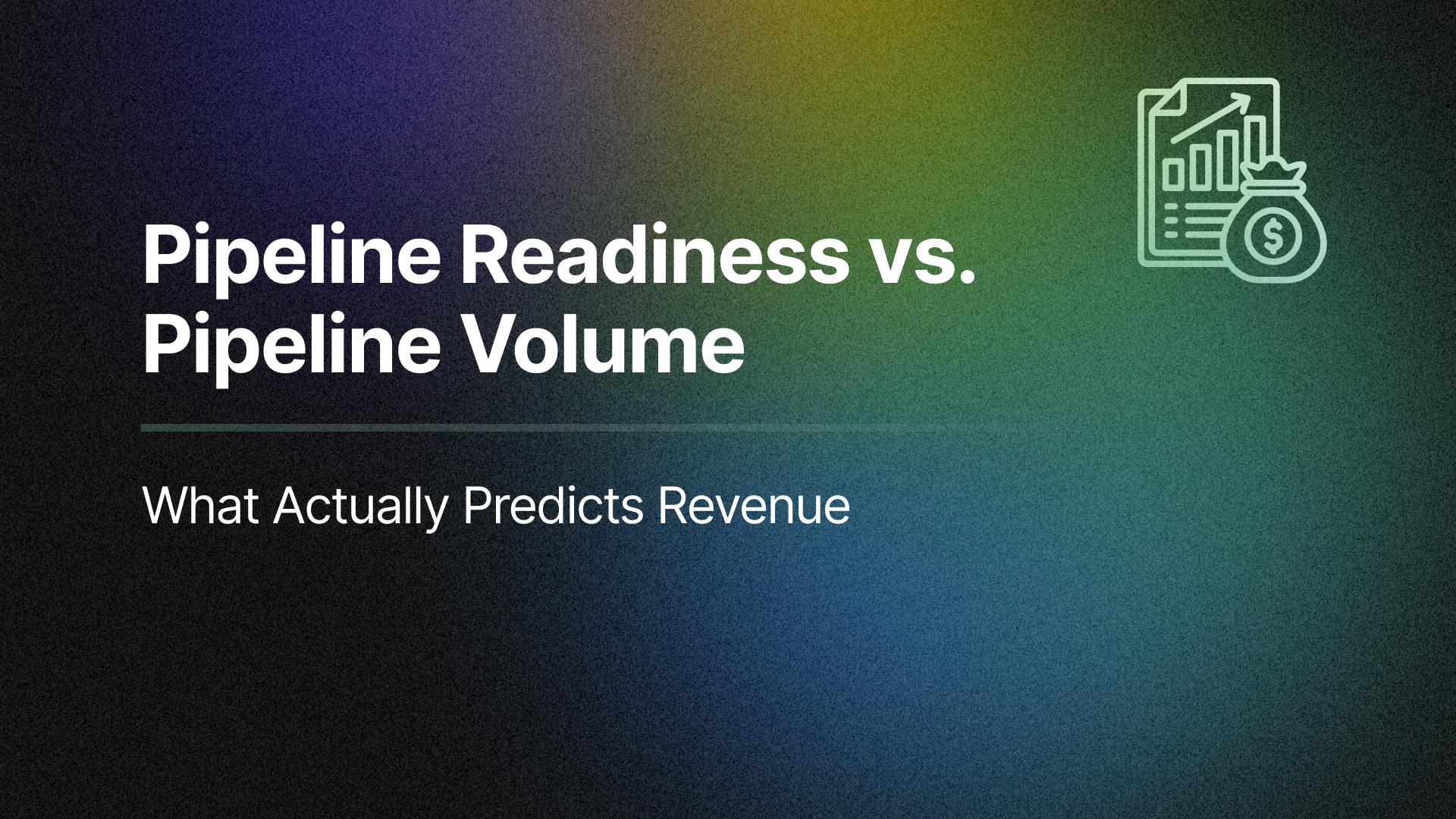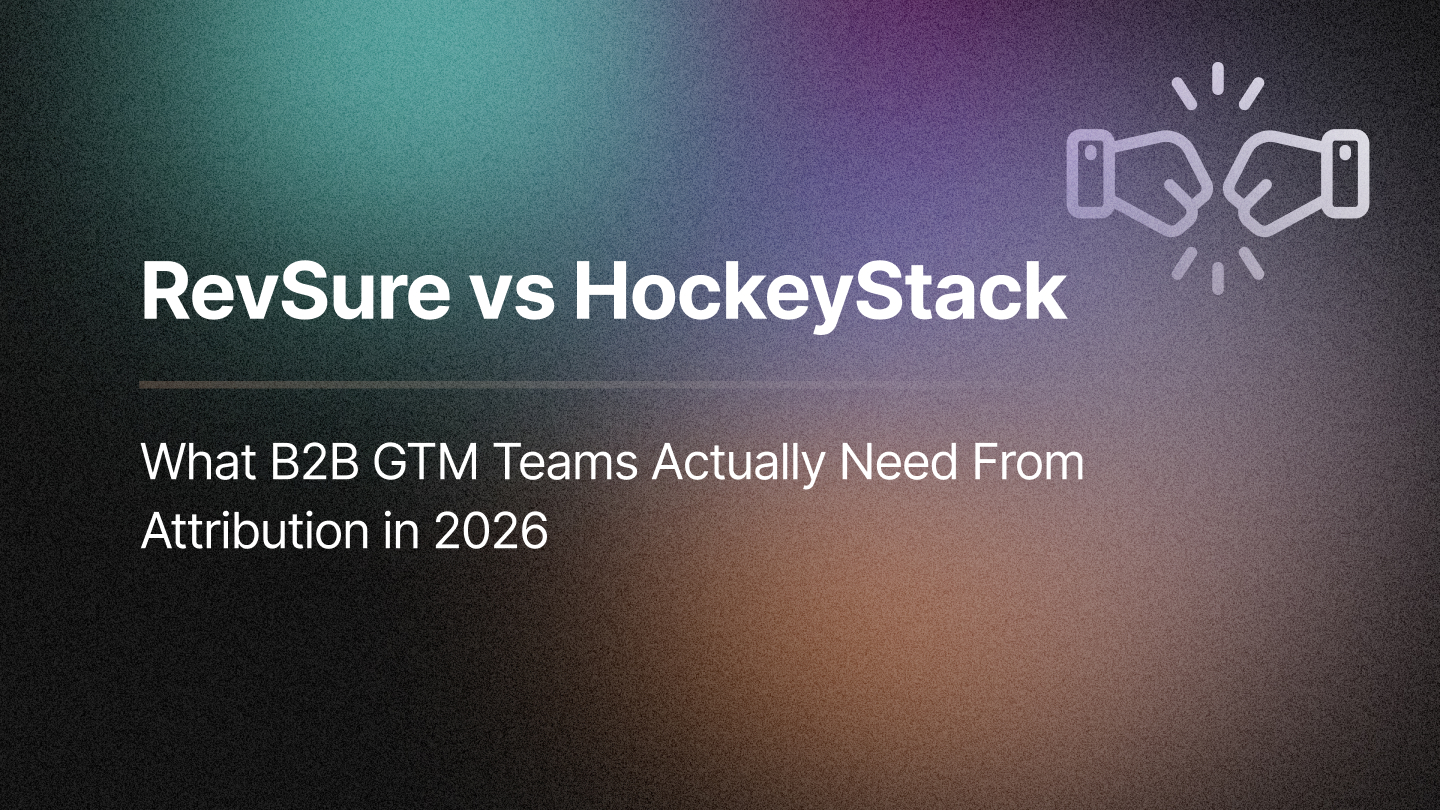Over 85% of marketers agree that integrating multi-channel campaigns significantly improves their ROI, yet only 58% feel confident in their ability to execute them effectively. Multi-channel campaign management has evolved into a vital strategy for effective B2B marketing. By delivering consistent messaging across Paid, Earned, Shared, and Owned (PESO) channels, brands can ensure their campaigns remain cohesive, resonate with their target audiences, and maximize ROI. Yet, managing multiple platforms and tools requires a strategic approach powered by advanced technology.
What is Multi-Channel Campaign Management?
Multi-channel campaign management helps strategically orchestrate marketing efforts across channels for cohesive messaging and increased engagement. By personalizing messages based on audience preferences and intent signals, brands can enhance customer interactions and drive better outcomes.
For Example:
- Broad Awareness: A new lead with a high Ideal Customer Profile (ICP) score but no evident buying intent might receive an awareness-oriented message.
- Personalized Outreach: A senior-level lead (e.g., VP, Director, or C-level) showing clear buying intent would receive customized, action-oriented communication.
Why Multi-Channel Campaign Management Matters
Modern buyer journeys are rarely linear. Prospects engage with companies and brands across multiple touchpoints—social media, email, websites, search ads, and more. An integrated campaign strategy extends significant advantages:
- Seamless Customer Experience: Ensures brand consistency across all channels
- Enhanced Brand Trust: Prevents fragmented messaging that can confuse or alienate customers
- Data-Driven Refinements: Leverages analytics to refine targeting and improve engagement
Despite these benefits, execution can be complex. Key challenges include managing overlapping audiences, maintaining consistent messaging, and unifying disparate data sources.
Best Practices for Multi-Channel Campaign Management
Coordinated Bidding Strategies
Uncoordinated bidding can lead to competing against yourself across platforms such as Google Ads, LinkedIn, and Meta.
- Unified Bidding: Adopt centralized bidding strategies to avoid internal competition.
- Audience Monitoring: Regularly audit overlapping audience segments.
- Platform-Specific Features: Utilize tools like LinkedIn’s Account Targeting or Google’s Smart Bidding.
Target Audience Cohorts
Targeting the same audience on multiple platforms without a proper strategy in place can lead to increased costs and dilute effectiveness.
- Clear Segmentation: Define precise rules for each platform.
- Integrated Tools: Use cross-platform data to identify and eliminate overlap.
- Contextual Messaging: Ensure messages are unique and relevant for each audience.
Centralized Campaign Management
Disparate tools and workflows can result in misaligned strategies, leading to poor performance and sub-optimal output.
- Unified View: Consolidate analytics to track performance across all channels.
- Streamlined Workflows: Employ MarTech platforms for centralized campaign management.
- Real-Time Optimization: Leverage unified data to adjust messaging and budget dynamically.
Overcoming Challenges in Multi-Channel Campaign Management
1. Ensuring Consistent Messaging
Maintaining consistency across different platforms will need the following:
- Brand Frameworks: Develop a messaging framework that can adapt to platform-specific nuances.
- Platform Customization: Tailor content formats for channels like Instagram (visual) vs. LinkedIn (professional).
2. Avoiding Bidding Conflicts
Conflicting bids can waste budget and reduce effectiveness.
- Regular Audits: Continuously review audience overlaps.
- Centralized Strategy: Coordinate bids across platforms.
3. Holistic Data Integration
Fragmented data makes it challenging to measure campaign success.
- Unified Dashboards: Invest in tools that integrate cross-channel data in one view.
- Advanced Analytics: Use AI to uncover trends and actionable insights.
The Role of Modern Technology
Modern tools have revolutionized multi-channel campaign management:
- Full Funnel Attribution Tools: Enhancing multi-channel campaign management with granular insights into buyer behavior and campaign performance with solutions like RevSure.ai.
- AI-Driven Ad Platforms: Enable real-time personalization for optimal ad placements.
- Customer Data Platforms (CDPs): Centralize data for seamless integration.
- Intent Signals: Trigger tailored follow-ups based on engagement metrics.
For Example:
- A prospect’s high social media engagement can trigger a personalized email sequence.
- AI can predict the most effective channels and formats for specific audience segments.
Forward-Looking Perspectives
As marketing technology evolves, multi-channel campaigns will become increasingly automated and predictive. Marketing leaders must:
- Invest in Scalable Solutions: Prepare for future growth by adopting flexible tools and technologies.
- Align Teams: Foster collaboration across sales, marketing, and analytics teams.
- Focus on Outcomes: Prioritize strategies that directly impact ROI and customer satisfaction.
Conclusion
Multi-channel campaign management is essential in a world with a fragmented buyer landscape. Marketing leaders can create seamless, impactful campaigns by adopting best practices like coordinated bidding, precise audience segmentation, and centralized management. Coupled with advanced technologies, these strategies drive measurable outcomes, ensuring brands meet and exceed customer expectations.
The future belongs to marketers who seamlessly integrate data, tailor messaging, and optimize performance across all channels. With the right approach, multi-channel campaigns become a powerful engine for growth and engagement.
Related Blogs







